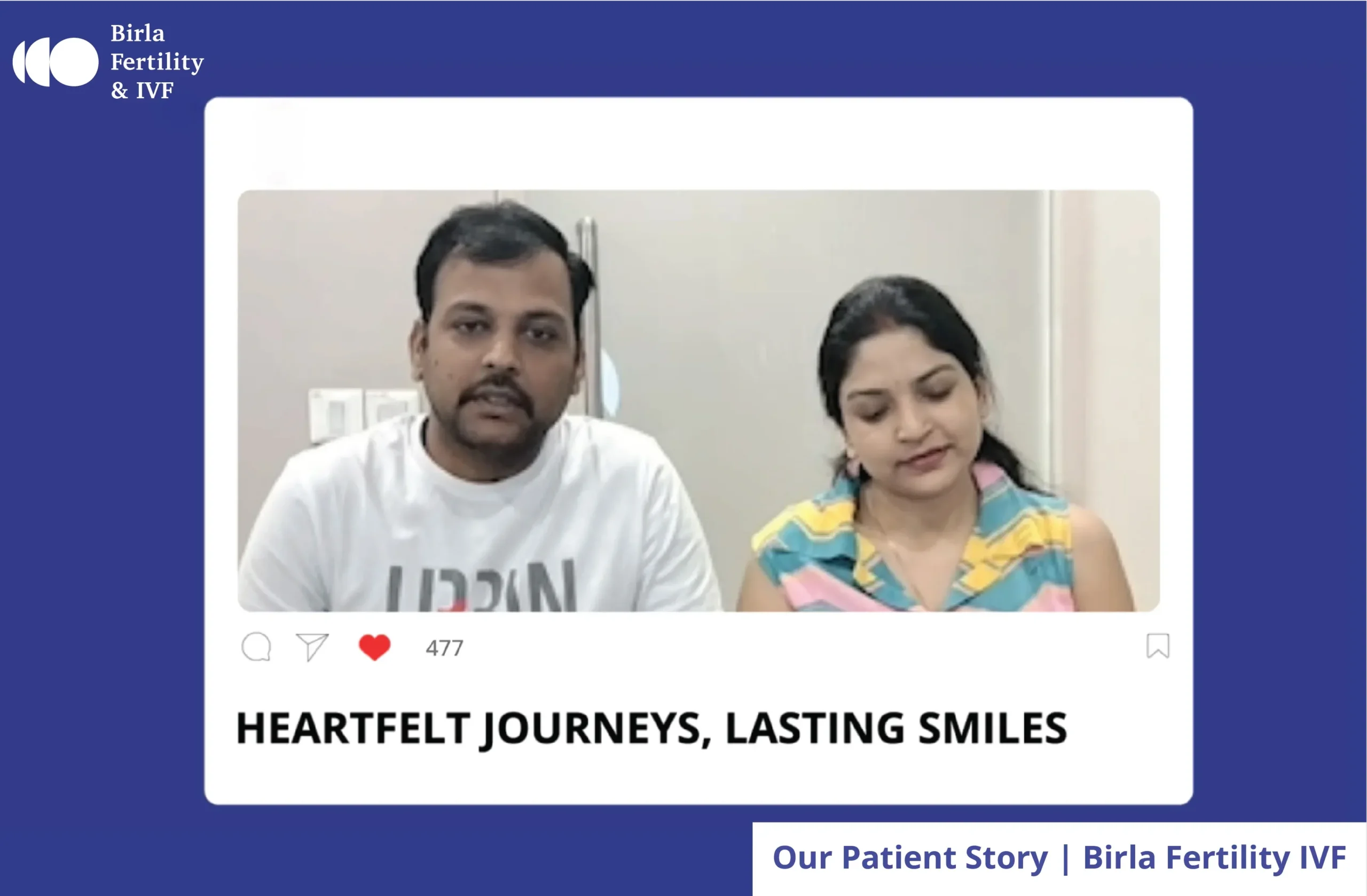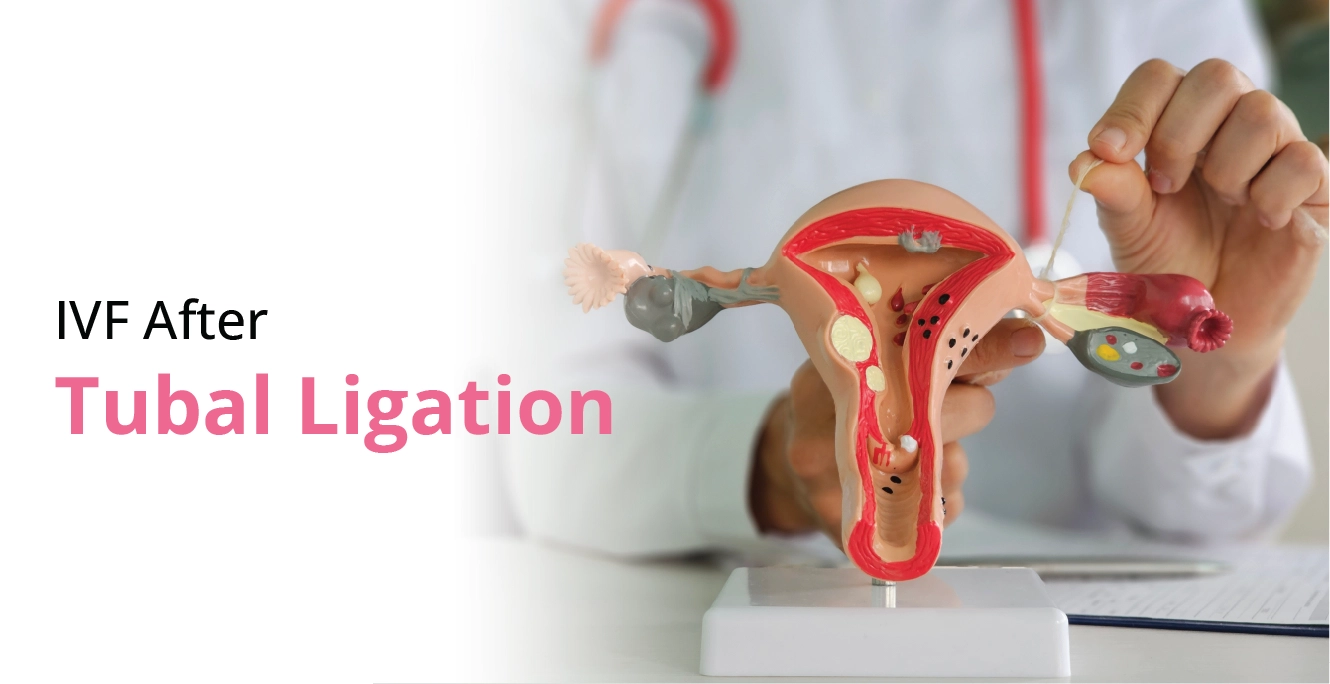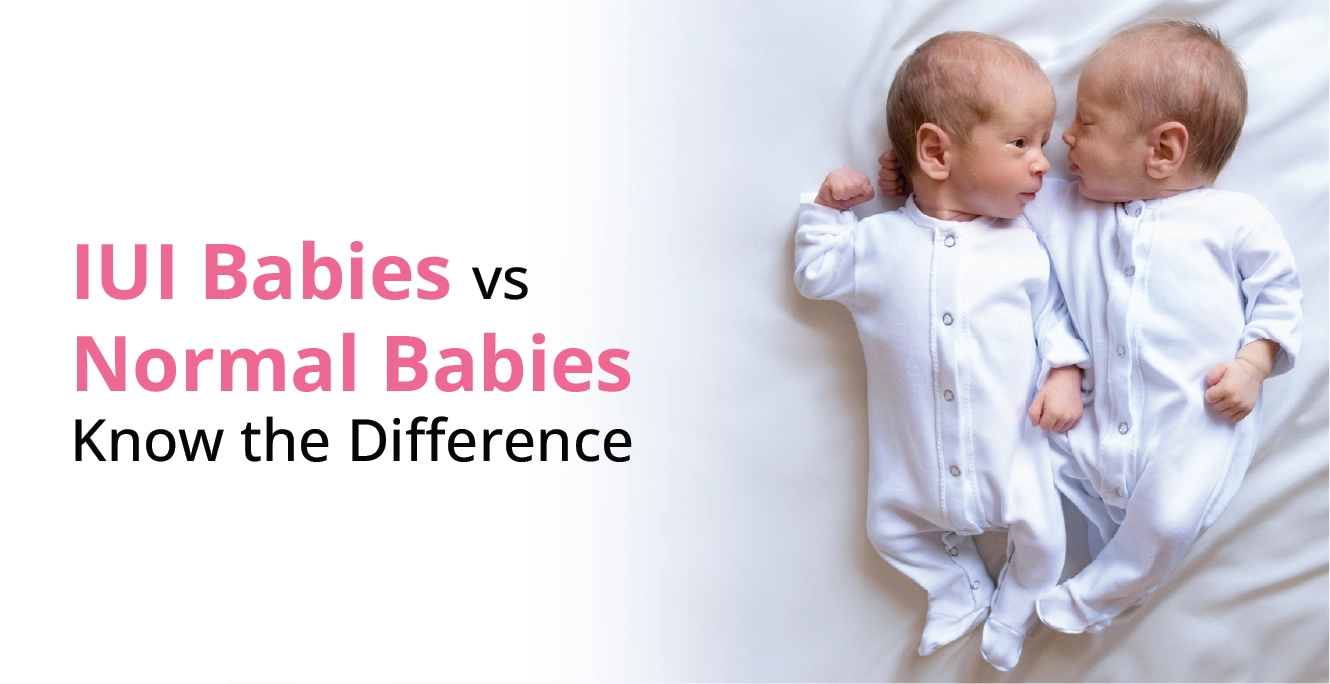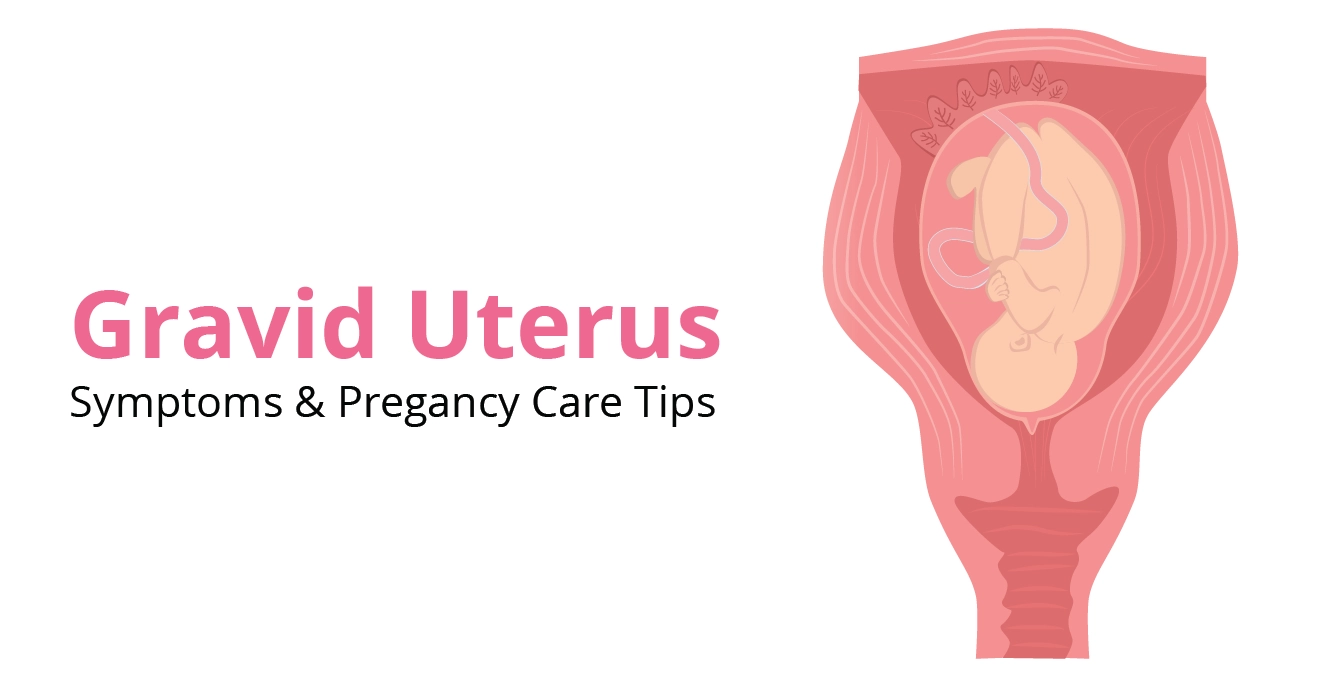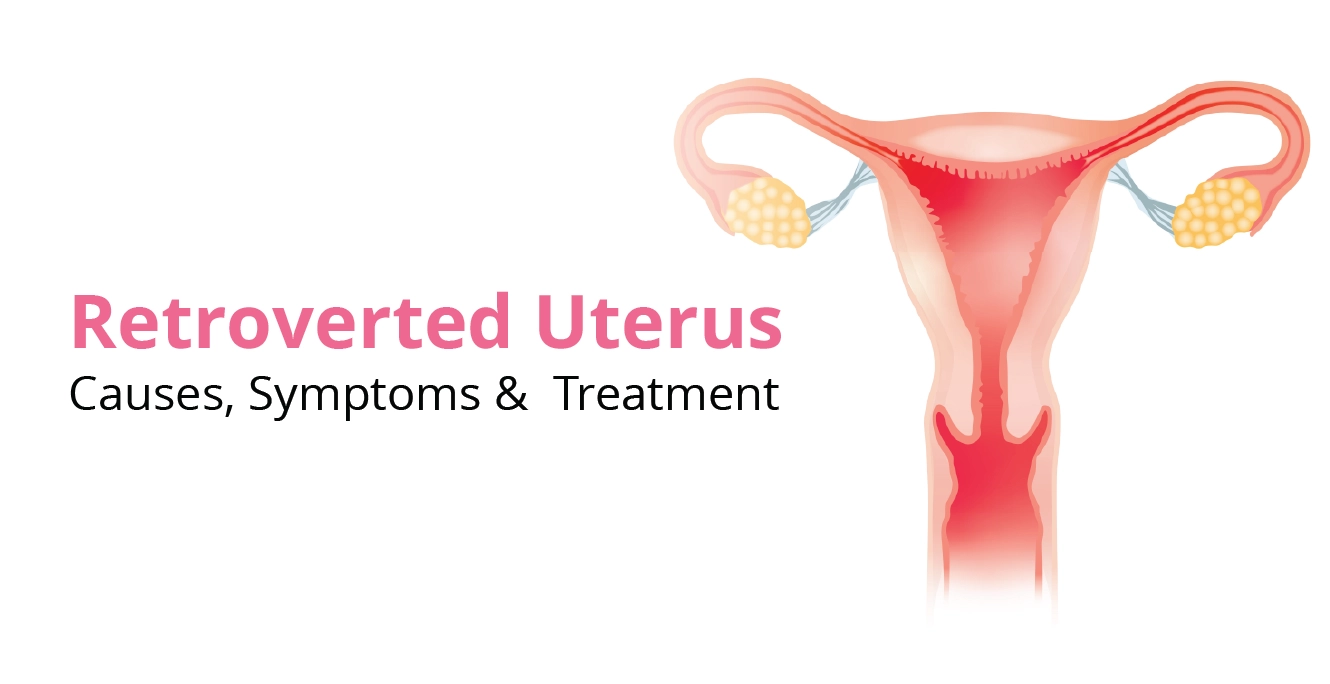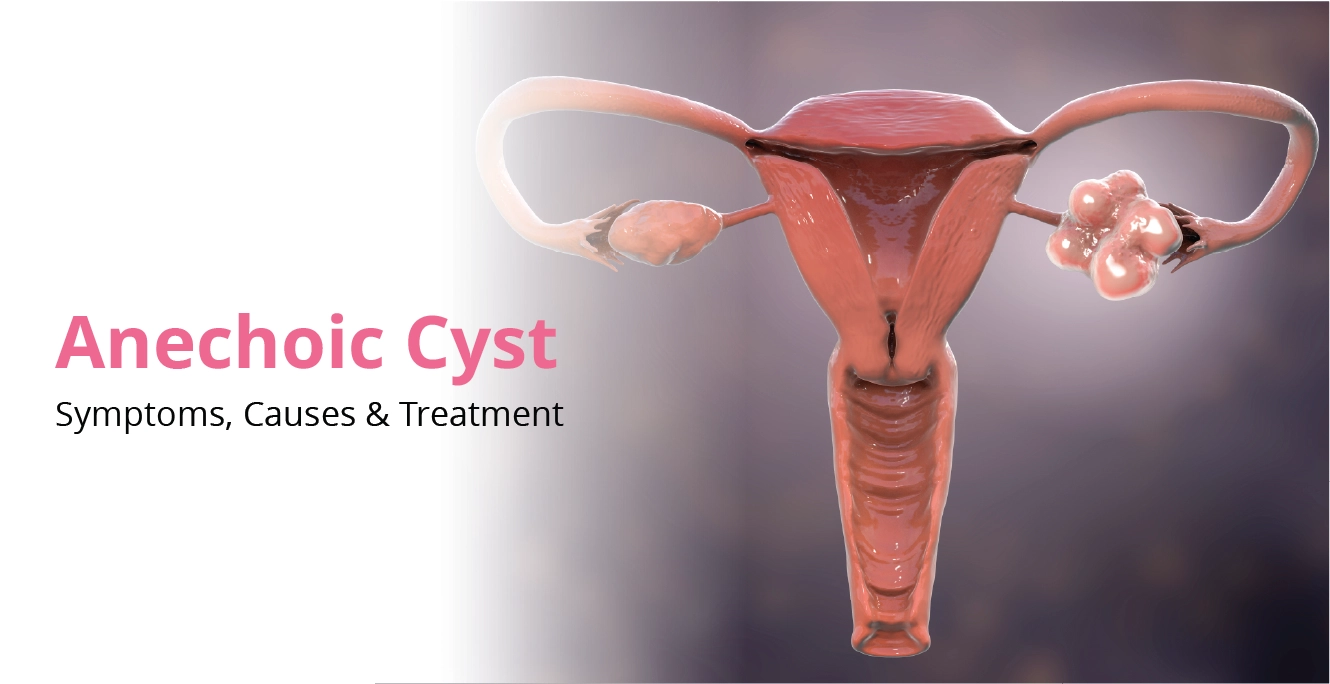Infertility Assessment Panel
According to a report published by WHO, around 17.5% of the adult population experience infertility. An infertility assessment panel includes various services that offer a thorough evaluation of the reproductive health of individuals. This helps identify the causes of infertility in individuals.

Male and Female Infertility Panel at Birla Fertility & IVF

Infertility is a complex condition that affects approximately 15% of couples actively attempting to conceive around the world. Developments in assisted reproductive technology (ART) have enabled men and women to overcome practically all kinds of infertility.
Birla Fertility & IVF offers a comprehensive male and female infertility assessment panel to help people understand their fertility and potential to conceive. The thorough fertility examination and patient-centred treatment strategy ensure that patients receive better diagnostic decisions, tailored protocols, and a better treatment experience. The infertility panel is recommended for couples who have experienced pregnancy delays for a year or longer.
Fertility issues can affect both men and women; this makes it crucial for both partners to undergo the fertility assessment if they are having trouble conceiving.
Why Consult an Infertility Panel
Consulting an infertility panel is essential for couples experiencing a pregnancy delay of a year or longer. For couples where the female partner is over 35 years old, the panel is recommended after six months of trying.
Couples with a history of conditions impacting fertility, like endometriosis, and ovulation disorders, or those who have had cancer treatments, may also consider the assessment. Understanding the fertility status enables couples to make informed decisions and choose appropriate treatment plans. This enhances the prospects of having a healthy pregnancy.
This timely assessment not only offers valuable insights into one’s reproductive health but also helps in the early detection and treatment of potential fertility issues. This increases the chances of successful conception.

Infertility Panel Assessment

Female Infertility Panel
A comprehensive female infertility panel helps in the proper diagnosis and treatment of the underlying causes of infertility. This thorough assessment helps individuals get a tailored treatment plan that improves the prospects of a successful pregnancy. It includes several essential assessments:
-
Hormone Assay
The hormone assay examines the ovarian reserve of the patient by assessing hormone levels, such as anti-mullerian hormone (AMH), follicle-stimulating hormone (FSH), luteinising hormone (LH), and estradiol. This offers information on the egg count and quality that enables customisation of the treatment.
-
Blood Test
Blood tests are conducted to assess thyroid function and blood sugar levels. Thyroid problems and diabetes can impact fertility significantly. These levels must fall within the normal range for a healthy reproductive system and successful conception.
-
Pelvic Ultrasound
A pelvic ultrasound is used to assess the Antral Follicle Count (AFC), the morphology of the uterus, and the health of the fallopian tubes. This gives an insight into the reproductive organs and helps identify any abnormalities that can affect fertility.
-
Genetic Screening
Genetic screening involves examining the genetics to detect any inherited disorders or chromosomal abnormalities that could contribute to infertility.
Male Infertility Panel
The male infertility panel is an important diagnostic tool to assess the underlying causes of male infertility. It involves several key assessments:
-
Semen Analysis
Semen analysis is an important component of the male infertility panel. It assesses the sperm quality and quantity. It measures various parameters – sperm count, morphology, motility, and volume of ejaculate. It helps detect issues that can affect fertility like as poor motility, abnormal sperm shape, or low sperm count.
-
Blood Test
Blood tests are performed to assess hormone levels that control sperm production and the overall reproductive health. The essential hormones tested are testosterone, FSH, LH, and prolactin. Any abnormality in these hormone levels can reveal issues like hypogonadism (low testosterone levels), infections or underlying health conditions that could contribute to infertility.
-
Genetic Screening
Genetic screening involves assessing the genetics to detect any chromosomal abnormalities or inherited genetic disorders that might affect fertility. Conditions like Klinefelter syndrome, Y chromosome microdeletions, and other genetic mutations can lead to infertility. It is critical to assess these genetic factors to personalise the treatment plan accordingly.
Why Choose Us
Choosing the right fertility clinic is crucial for starting your family. At Birla Fertility & IVF, we offer personalised care with expert specialists guiding you every step of the way. Our advanced labs and outstanding success rates have helped over 2,30,000 patients achieve their dream of parenthood.
Frequently Asked Questions
Recent Blogs
Book an appointment
Hassle-Free Appointment Booking

 Our Centers
Our Centers


















